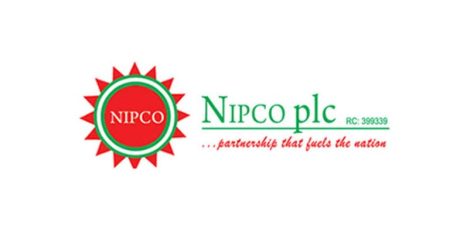The 24-Hour Economy (24H+) initiative holds significant promise for transforming Ghana’s economy, but its success hinges on the implementation of robust competition laws. Advocate Appiah Kusi Adomako, West African Regional Director of CUTS International, emphasizes the critical need for these laws to prevent exploitation and ensure a level playing field for all participants. While the eight interconnected pillars of the 24H+ initiative – including agriculture, manufacturing, infrastructure, logistics, finance, and culture – offer immense potential, they must be governed by fair competition principles to achieve inclusive and sustainable growth.
Competition laws, also known as antitrust laws, are designed to regulate business practices and prevent anti-competitive conduct. They aim to protect consumers, foster innovation, and promote fair market entry for new businesses. These laws address harmful practices such as cartels, price fixing, abuse of dominant market positions, bid rigging, and collusive tendering. They empower regulators to investigate and penalize businesses that engage in activities that distort competition. Adomako clarifies that competition laws do not penalize business success or growth but rather target predatory practices that create unfair advantages for some market players at the expense of others. The intent is to ensure businesses compete based on merit, innovation, and efficiency rather than through manipulation or exclusivity arrangements.
The 24H+ policy, with its emphasis on increased investment in key sectors, necessitates a framework that prevents the concentration of benefits in the hands of a few powerful players. Without competition laws, politically connected businesses could potentially hijack opportunities, creating monopolies and undermining consumer protection. Adomako stresses that the policy’s aim of inclusiveness will be jeopardized if a level playing field is not established. The absence of competition laws creates risks of collusion among large players, potentially leading to price fixing, exclusion of competitors, and exploitation of suppliers. This scenario is particularly concerning in sectors like agriculture, where smallholder farmers could be disadvantaged by powerful buyers or intermediaries engaging in unfair pricing practices.
The implementation of robust competition laws could yield substantial economic benefits for Ghana. By fostering a competitive market environment, these laws would stimulate innovation, boost productivity, and drive job creation. Firms would be incentivized to enhance efficiency and invest in technological advancements to remain competitive. The 24H+ policy’s ambitious job creation targets – 1.7 million by 2028 and over 5.2 million by 2034 – are more likely to be achieved in a market that encourages innovation and new entrants. Further, strong competition laws are essential for attracting foreign direct investment, optimizing supply chains, reducing costs, and diversifying exports into value-added products. Investors are more likely to commit capital to markets with transparent and fair rules.
Despite previous efforts, Ghana has yet to enact a functional competition law. The process has been stalled for over a decade, but recent indications from the 2025 Budget Statement and the NDC’s 2024 manifesto suggest renewed political will. International pressure from organizations like the African Union (AU) and the Economic Community of West African States (ECOWAS), along with the AfCFTA Protocol on Competition, further emphasizes the urgency of adopting such legislation. Ghana risks being left behind in the African single market without a proper competition framework. Adomako strongly advocates for the enactment of a competition law to address pressing issues such as price fixing and ensure that consumers benefit from market gains.
The 24-Hour Economy holds immense potential for transforming Ghana’s economic landscape, but realizing this potential requires a commitment to fair competition. Enacting and enforcing effective competition laws is paramount to preventing exploitation, fostering innovation, and ensuring that the benefits of economic growth are shared widely across society. A competitive market environment will attract investment, create jobs, and drive Ghana’s economic development forward. The time for action is now, and passing a comprehensive national competition law is a crucial step towards achieving the ambitious goals of the 24H+ initiative.














